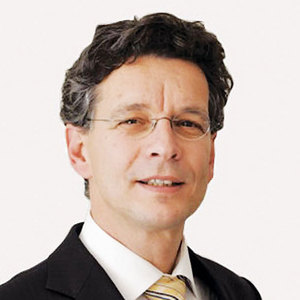Changing the Tide

January 21, 2014
BY Robert Vierhout
Advertisement
Advertisement
Related Stories
On May 6, the Nebraska Ethanol Board joined Nebraska Gov. Jim Pillen in proclaiming May as Renewable Fuels Month. Nebraska is the country’s second largest ethanol producer, with more than 2 billion gallons of production capacity.
The Trump administration on May 8 announced a new trade deal with the U.K. that the White House said will create a $5 billion export opportunity for U.S. farmers, ranchers and producers, including more than $700 million in ethanol exports.
Reps. Zach Nunn, R-Iowa, and Nikki Budzinski, D-Ill., on May 7 introduced a bill that aims to update USDA’s Section 9003 program to expand access to grants, streamline loan guarantees and provide $100 million in mandatory funding over five years.
U.S. fuel ethanol production fell by nearly 2% the week ending May 2, according to data released by the U.S. Energy Information Administration on May 7. Stocks of fuel ethanol were down 1% and exports were down nearly 9%.
The U.S. Energy Information Administration maintained its outlook for 2025 and 2026 fuel ethanol production in its latest Short-Term Energy Outlook, released May 6. The outlook for fuel ethanol exports was lowered.





